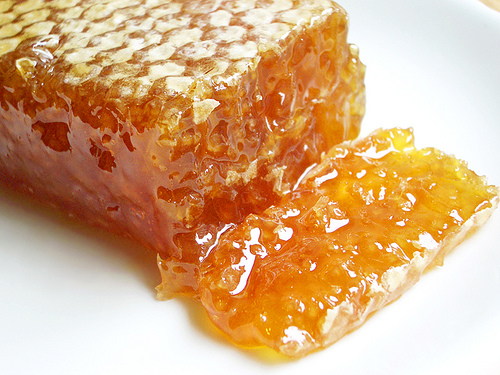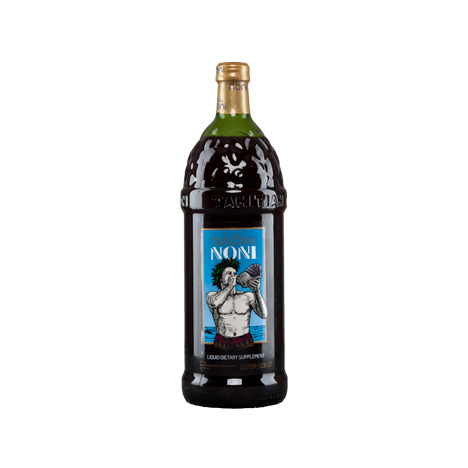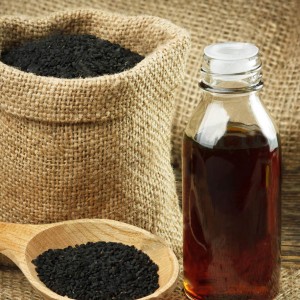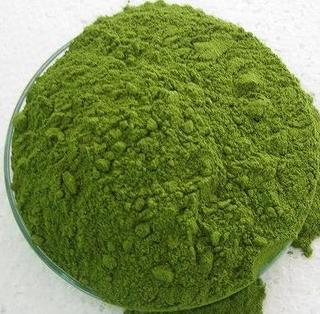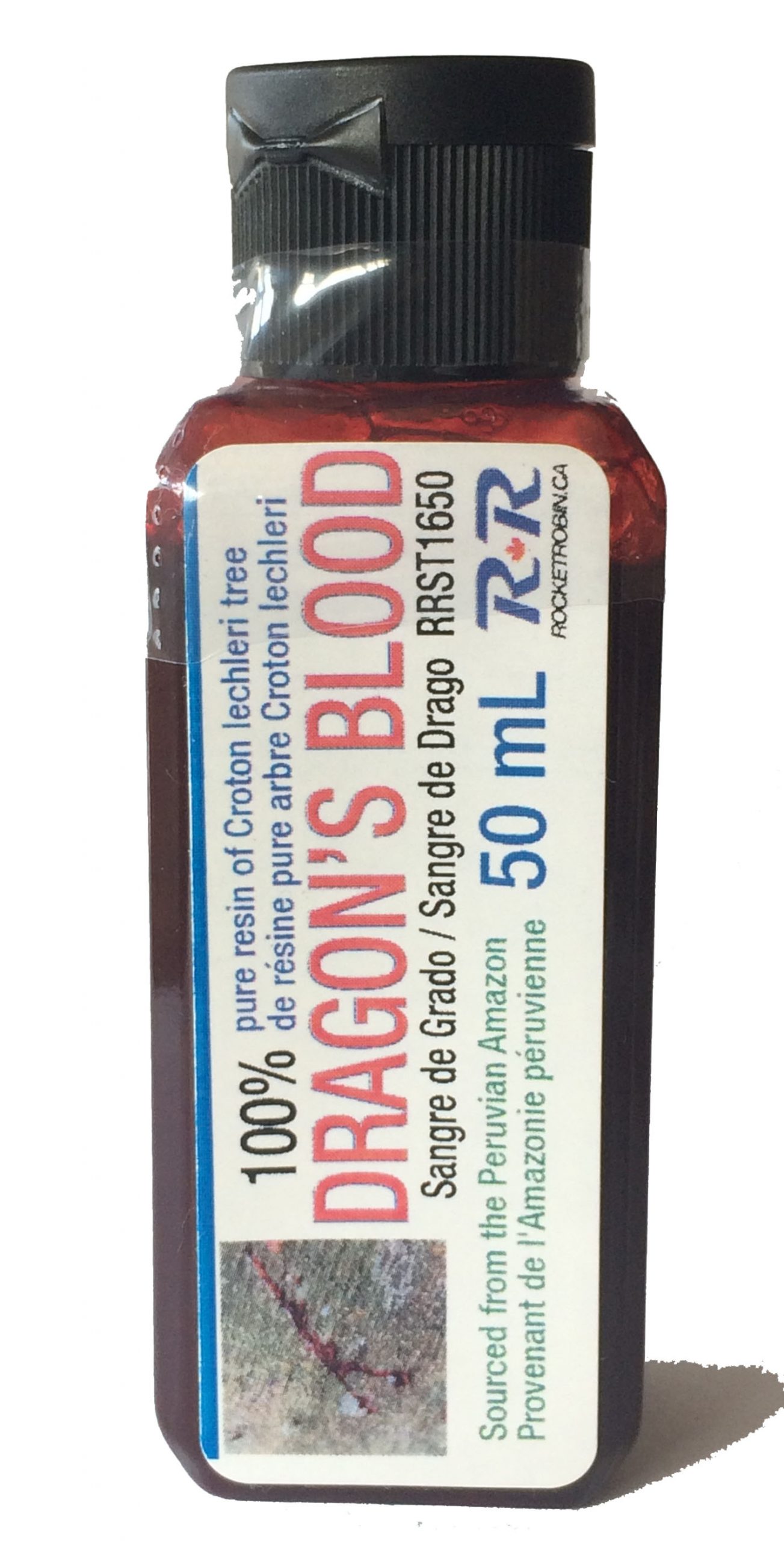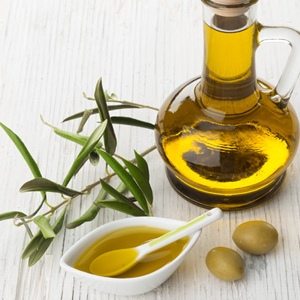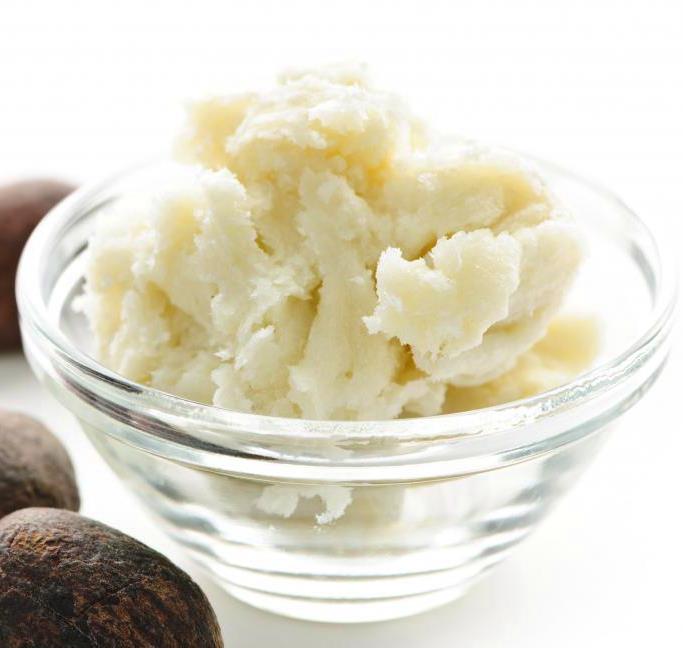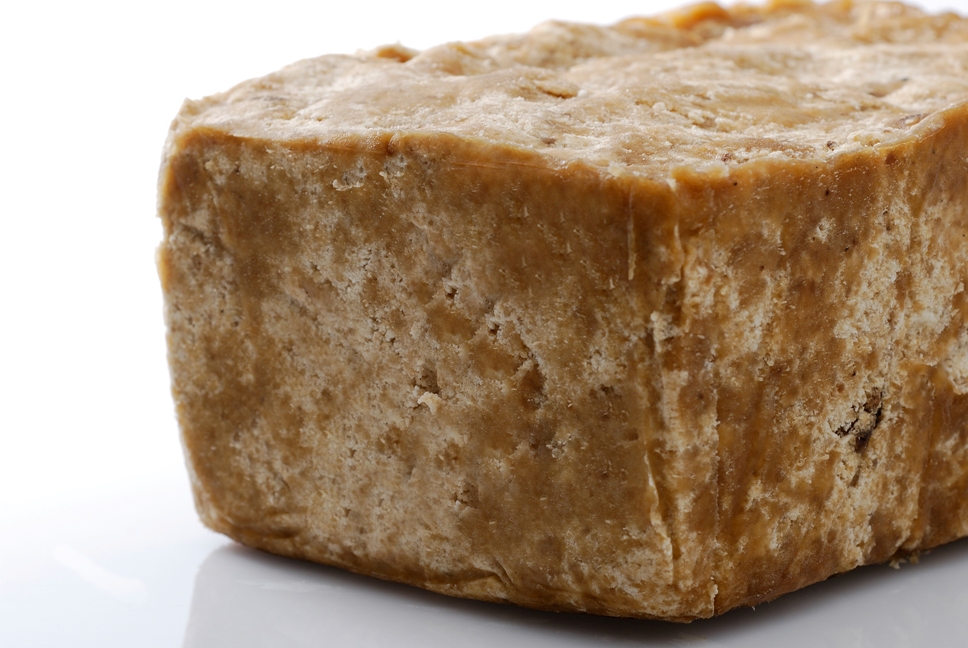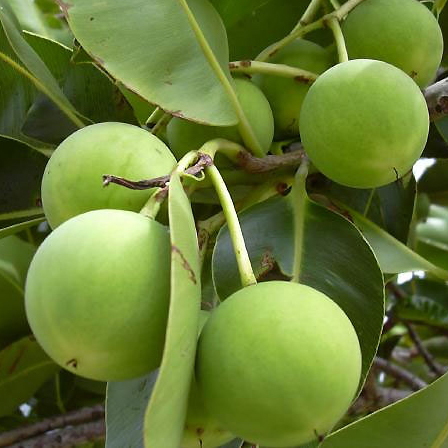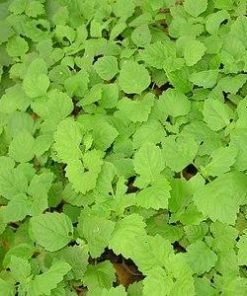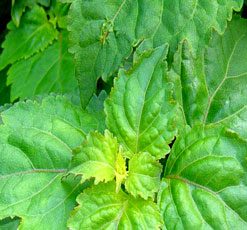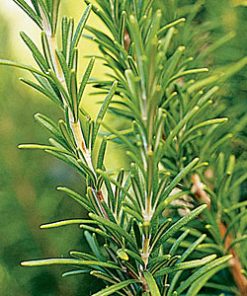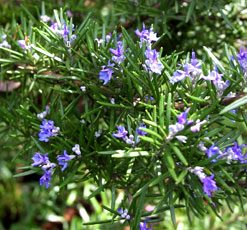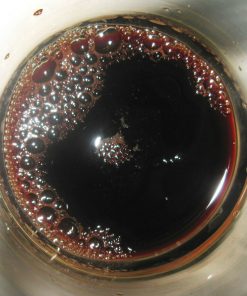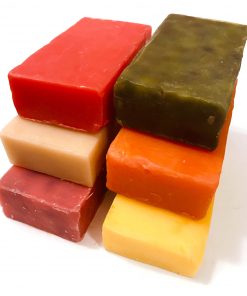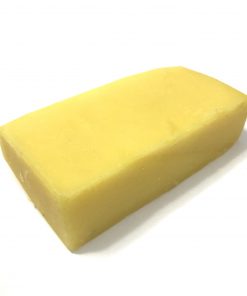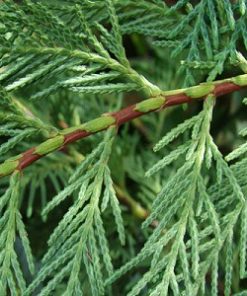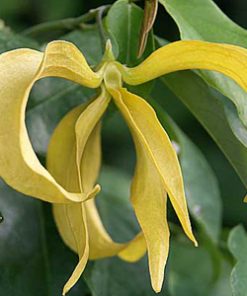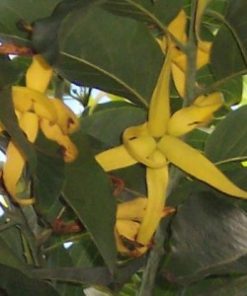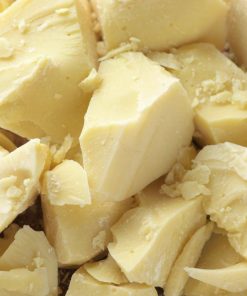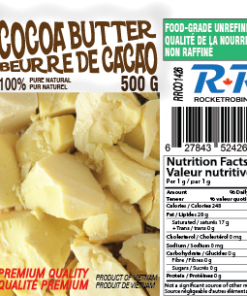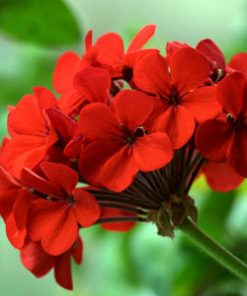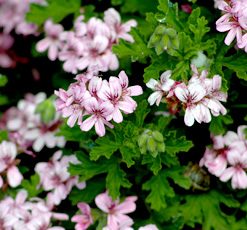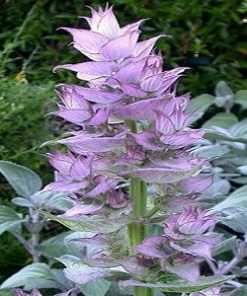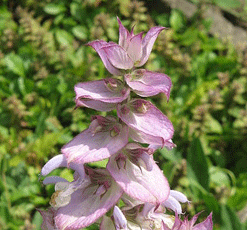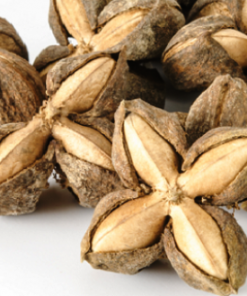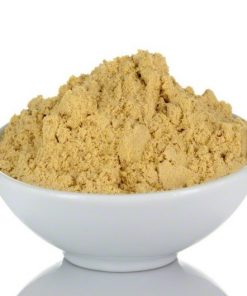Description
Essential Oil Copaiba Balsam (15 mL)
Essential Oil Copaiba Balsam
Aroma: woody, sweet, and balsamic aroma with vanilla undertones.
Traditional Use: Copaiba Balsam essential oil is renowned for its excellent anti-inflammatory and pain-relieving properties. It is also good for respiratory problems, digestive problems, skin conditions, preventing infection and boosting immunity.
Properties: Analgesic, Anti-bacterial, Anti-fungal, Anti-inflammatory, Anti-septic, Calming, Cicatrisant, Cooling, Decongestant, Expectorant, Immuno-stimulant
How to Use: Inhalation, Diffusion, Topical.
Blends well with: Cedarwood, Sweet Orange, Bergamot, Clary Sage, Jasmine, Rose, Ylang Ylang, Black Pepper
Safety: Avoid while pregnant. Not intended for internal use.
HISTORY OF USE

Copaiba trees are found mainly in tropical South America. They reach 15-30 metres in height, branching out only at the top, and producing leathery leaves, small white flowers and fruit pods containing 2-4 seeds. The trees produce a sticky substance called oleoresin. This is harvested by tapping or drilling holes into the tree trunk. The resin that is collected is then steam distilled to extract Copaiba essential oil. A single tree can produce approximately 40 litres of essential oil per year, offering a sustainable rainforest resource that can be harvested without harming the tree or its environment.
Although Copaiba Balsam essential oil is relatively new to aromatherapy the resin has been widely used in South America for hundreds of years. It has traditionally been used for wound healing, skin disorders, pain relief, cooling inflammation, insect bites, sore throats, respiratory problems, urinary tract problems, digestive problems, stomach ulcers and even cancer. It was bought to Europe by the Jesuits in the 1600’s and was called Jesuit’s Balsam. It has been used medicinally ever since for its diuretic, antibacterial, anti-inflammatory, expectorant, disinfectant, and stimulant properties.
Copaiba is a stimulant oleoresin obtained from the trunk of several pinnate-leaved South American leguminous trees (genus Copaifera). The thick, transparent exudate varies in colour from light gold to dark brown, depending on the ratio of resin to essential oil. The balsam may be steam distilled to give copaiba oil, a colourless to light yellow liquid with the characteristic odour of the balsam and an aromatic, slightly bitter, pungent taste.
Copaiba is particularly interesting as a source of biodiesel, because of the high yield of 12,000 liters per ha. The resin is tapped from standing trees, with an individual tree yielding 40 liters per year. Copaiba has been used in traditional medicine. It has a long history of use as a folk medicine. In Panama, the Yaviza people mix the resin with honey and give it to newborns to impart knowledge and ward off hexes. Copaiba oil-resins extracted have been used medicinally dating back to the 16th century by the natives of north and northeastern Brazil. The folk remedies were administered orally or used as an ointment in the treatment of various diseases.
Medicinal
In the 21st century, studies have shown that the beneficial effects of Copaiba are due to its anti-inflammatory, anti-tumor, anti-tetanus, antiseptic and anti-hemorrhagic properties. In Brazil, studies on the medicinal plants, especially Copaiba oil-resin, are documented in medical literature to have no effect on healing.
The balsam and its oil are used as fixatives in soap perfumes and fragrances. Copaiba is also used as an artist material, especially in oil paint recipes and in ceramic decoration. Mineral painters use a medium made of copaiba, turpentine and lavender to mix with their minerals for adhesion to ceramic vessels before kiln firing. Copaiba makes a good medium for oils and helps with both adhesion and quality of shine.
HEALTH BENEFITS
The production of Copaiba oil is socially significant to the Amazon because it represents approximately 95% of Brazil’s oil-resin production industry. The Annual production of Copaiba oil in the Amazon is estimated to be 500 tons/year. The commercialisation of Copaiba as an oil or in capsule form has grown due to demand by traditional and widespread use, and is exported to other countries, including the United States, France, and Germany.
Despite its usage in various pharmacological forms and wide use in folk medicine, Copaiba has not been officially registered as a phytochemical drug. Experiments to assess any cytotoxic and mutagenic potential of Copaiba-derived resin are underway in Brazil to determine safe usage, prior to phytochemical drug development. Under experimental conditions employed in a study on mice, it was concluded that the oil-resin from commercial Copaiba oil-resin showed no genotoxic or mutagenic effects.
Copaiba Essential Oil for Skin
It is absolutely amazing for getting healthier skin. In fact, copaiba oil is also generally safe to be applied in sensitive skin area , where most other essential oils may not be applicable.
Acne
Take 2 drops of this oil on a cotton ball and apply it directly ( without diluting ) on active acne. It shouldn’t sting. Wait for 2 – 3 hours. The area affected by the acne reduces considerably.
Because of its super anti-inflammatory power, it reduces redness around the acne, making it much less noticeable. Use this trick daily and acne should be much less inflamed.
Stretch Marks
Copaiba oil can be applied directly on stretch marks to fade them. If you feel stretch marks with adequate attention, it is easily noticed that these are depressions in skin. Apply copaiba oil as massage oil on these scars. The depression starts to fill up in a few weeks. Use this in conjugation with olive oil to fade away the stretch marks.
Sagging Skin
Apply it direct on skin areas which are sagging. Copaiba oil boosts secretion of collagen and elastin to make skin firm and taut.
Varicose Veins
Copaiba oil is excellent for treating varicose veins. It improves blood circulation of veins close to skin, allowing them to drain back and reduce pooled blood. This gets rid of varicose veins. No more compression garments to trouble your legs !
Copaiba Oil For Pain Relief
This oil really stands out as a natural pain relief. This property is used in many products as well. In fact, its pain relieving effects can be even stronger than Wintergreen essential oil, which is well renowned for pain relief. Whatever be the cause of pain, this oil helps in lowering down the sensation of pain.
- Arthritis and gout
- Headaches
- Pain due to an injury. If there is a cut or wound, apply it on outer edges of wound to lower inflammation and pain caused by stretching of skin during scab formation.
- Muscular cramp pain
- Fibromyalgia – This is very helpful for people with fibromyalgia symptoms.
- Back joint pain and sciatica – Use deep massage to relieve sciatica using this oil.
Using this oil before a chiropractic session helps to achieve much better results, as noted by many chiropractors.
Against Urinary Incontinence
Children who have the issue of bedwetting, or even adults who have difficulty in controlling the flow of urine can make use of this oil. Apply this oil in generous amount on lower abdomen and massage. It helps to tone muscles of bladder and urinary tract, thus reducing the incidences of incontinence.
Copaiba Oil in Sitz Bath
If you never heard of it, sitz bath is a bath taken for the lower part of body only. It is used to relieve hemorrhoids and problems of genital region, like bacterial or fungal infections.
Add 8 – 10 drops of copaiba oil in sitz bath. Its mild antimicorbial properties help in getting rid of infections. It improves blood circulation and helps in hemorrhoids pain too.
Insect Bites
Hate it when wasps bite me. It swells up and causes throbbing pain. There are myriad of insects in our world, and many of them bite. Use copaiba oil on the bite to quickly reduce swelling and get relief.
Soap Perfume
Many DIY enthusiasts make their own soap at home. Its pretty easy. In that process, adding copaiba oil imparts mild fragrance to soap, which is great.
Lighten up your spirits
Smelling copaiba oil helps to lighten up tense mood as it has nice and sweet honey like aroma.
Internal Use
Copaiba oil can be used internally as a natural health supplement to boost health, lower systemic inflammation and also as preventive measure against cancer. It provides a wide range of health benefits. One can add it to foods, drinks, juices etc if the taste seems fine and palatable.
How to take it internally ?
You cannot just swallow the oil directly, which may be somewhat harmful. Instead, add only 2 drops to a capsule. Then gulp the capsule down. Take no more than 3 such capsules in a day.
This works similar to fish oil in lowering inflammation all over the body. The effects may take time to be evident, but when they do, they are striking.
Caution: NEVER USE INTERNALLY without consulting professional medical help
- Not recommended for pregnant women and infants.
Individuals with serious and chronic health issues should consult an expert prior to using oils.
TRUST ROCKET ROBIN
Rocket Robin is proud to be your supplier of truly natural products with simple ingredients in support of your family’s health and well-being.
Additional information
| Weight | 0.1 kg |
|---|---|
| Dimensions | 10 × 10 × 1 cm |

